International Certification and Quality Standards: The Key to Successful Fisheries Exports
By. Alfian - 05 Aug 2025
lautnusantara.com Certification and international quality standards are the main foundation for fisheries businesses seeking to penetrate export markets. Without them, fishery products, regardless of their quality, will struggle to be accepted by destination countries, as each country has strict regulations and standards to ensure food safety and sustainability.
Why Are Certification and Quality Standards So Important?
There are several key reasons why certification is key to success in fisheries exports:
- Market Access: Many developed countries, such as the European Union, the United States, and Japan, require fishery products entering their territory to have certain certifications. An example is HACCP (Hazard Analysis and Critical Control Point) certification, which ensures that the entire production process, from raw materials to the final product, is controlled for potential hazards. Without this certification, your product will likely be rejected at the port.
- Consumer Trust: In international markets, consumers are increasingly concerned about the origin of products, fishing or farming methods, and their impact on the environment. Certifications such as Best Aquaculture Practices (BAP) for farmed products or the Marine Stewardship Council (MSC) for wild-caught products provide assurance that your products are produced responsibly and sustainably. This builds trust and increases your product's competitiveness in the eyes of consumers.
- Quality and Safety Standardization: Certification requires the implementation of a strict quality management system, such as the Certificate of Eligibility for Processing (SKP) from the Indonesian Ministry of Maritime Affairs and Fisheries (KKP). This process includes internal and external audits that ensure your product is free from microbial contamination, heavy metals, and drug residues. This not only meets regulations but also maintains the overall reputation of Indonesian products.
Examples of Important Certifications for Fishery Exports
To simplify understanding, here are some commonly required certifications:
HACCP (Hazard Analysis and Critical Control Point): This is the most fundamental international standard for food safety. This system identifies and controls potential hazards (biological, chemical, or physical) at every stage of production.
Best Aquaculture Practices (BAP): This certification focuses on responsible fish farming practices, including environmental sustainability, food safety, animal health, and social issues.
BRCGS (British Retail Consortium Global Standards) or FSSC 22000: This is a global food safety standard recognized by the Global Food Safety Initiative (GFSI). This certification is often requested by large retailers in export destination countries.
Fish Health Certificate (SKI): This document is issued by the competent authority in the exporting country (such as the Ministry of Marine Affairs and Fisheries in Indonesia) to guarantee that the fishery product is safe and healthy in accordance with the standards of the destination country.
Implementing certification and quality standards does require an investment of time and money. However, this is a significant investment that will open doors to global markets, increase competitiveness, and build the reputation of Indonesian fishery products as high-quality, safe, and sustainable.
If you are interested in our Coral Trout Fillet Skin On, CORAL TROUT WGG WHOLE GILLED GUTTED please do not hesitate to contact us through email and/or whatsapp.
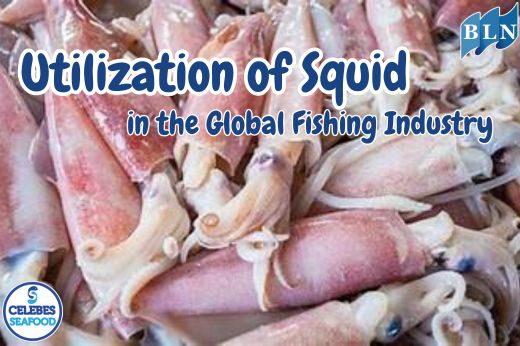


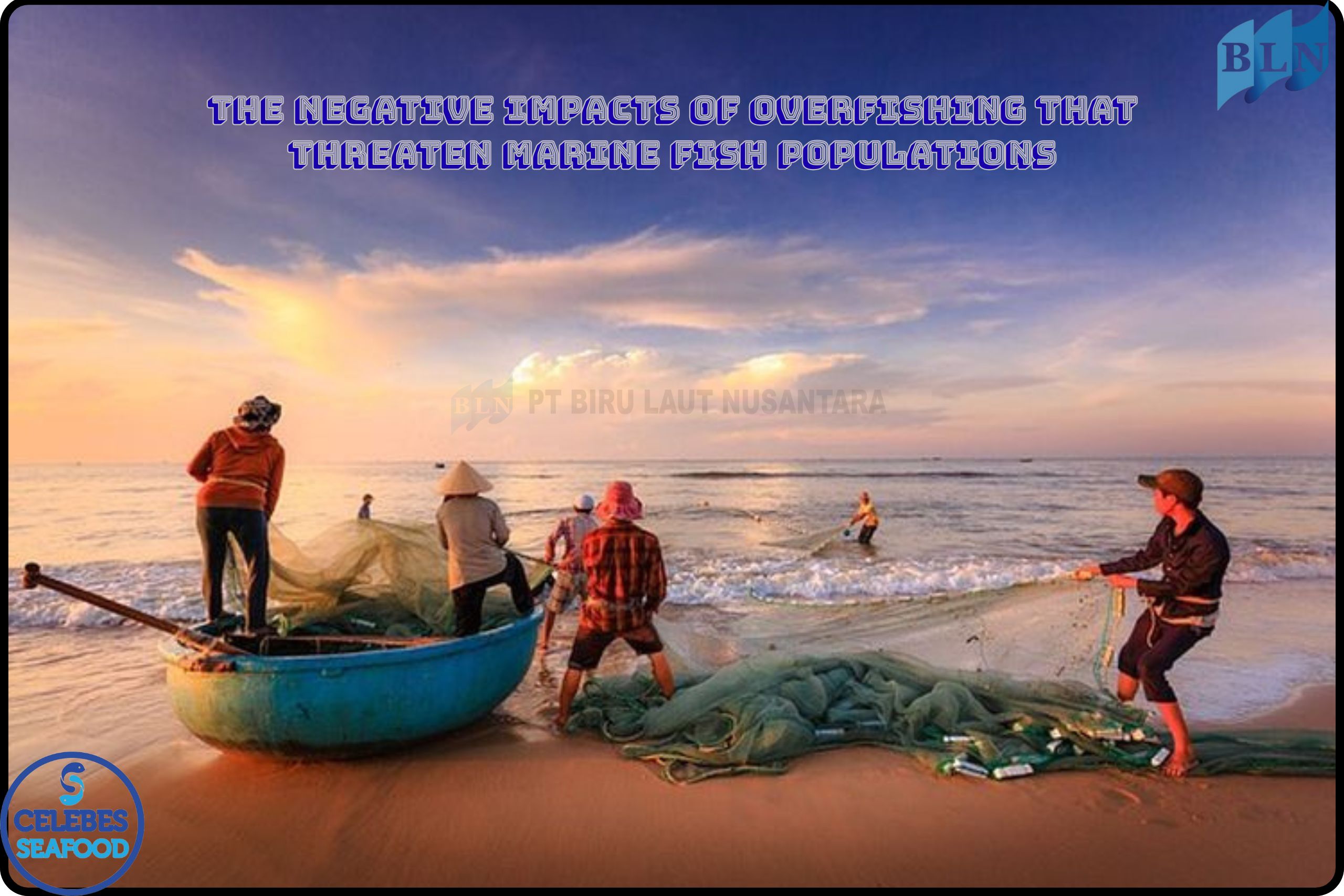
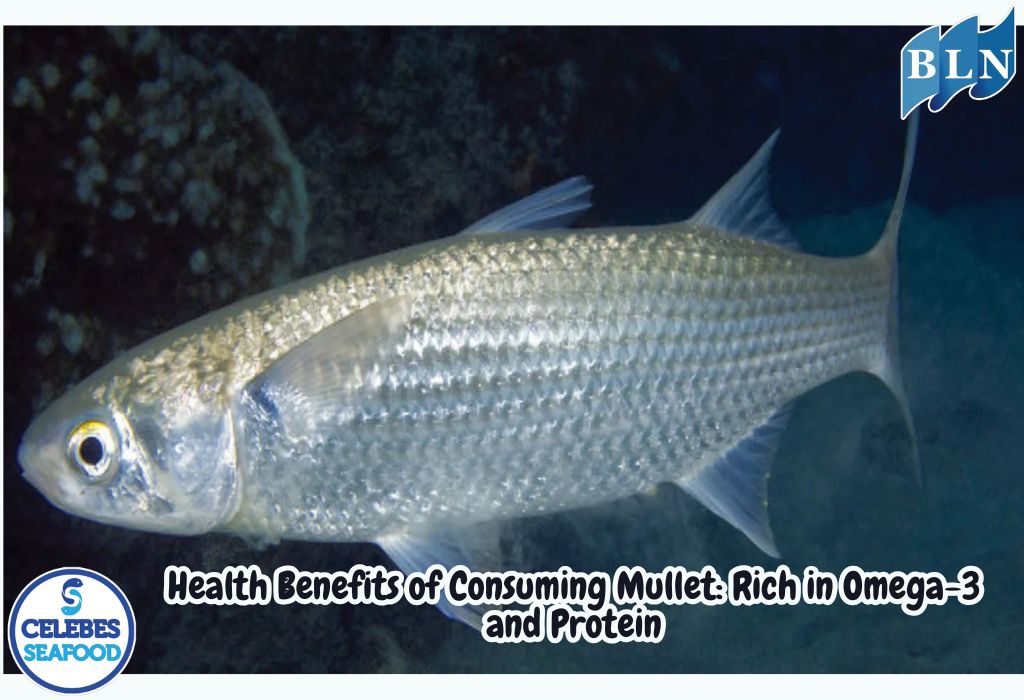
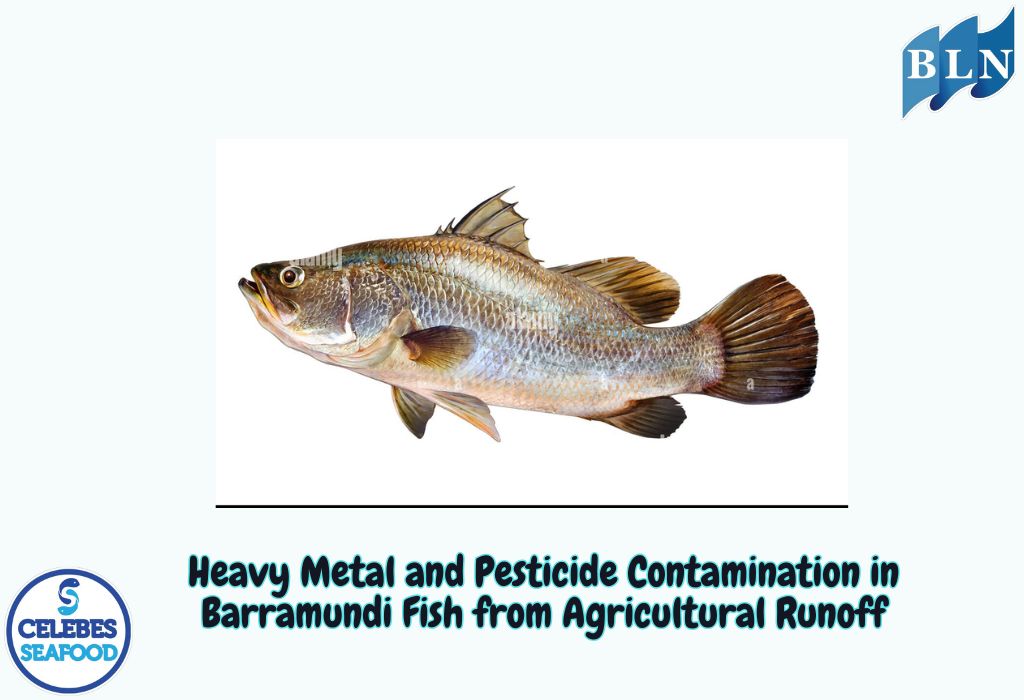
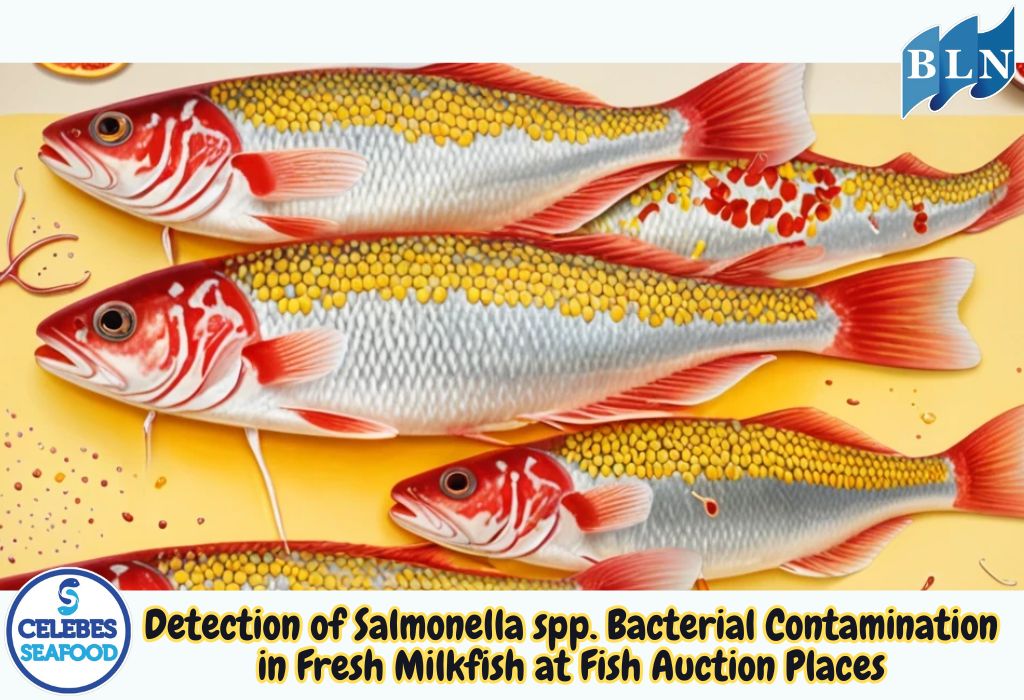
.jpg)